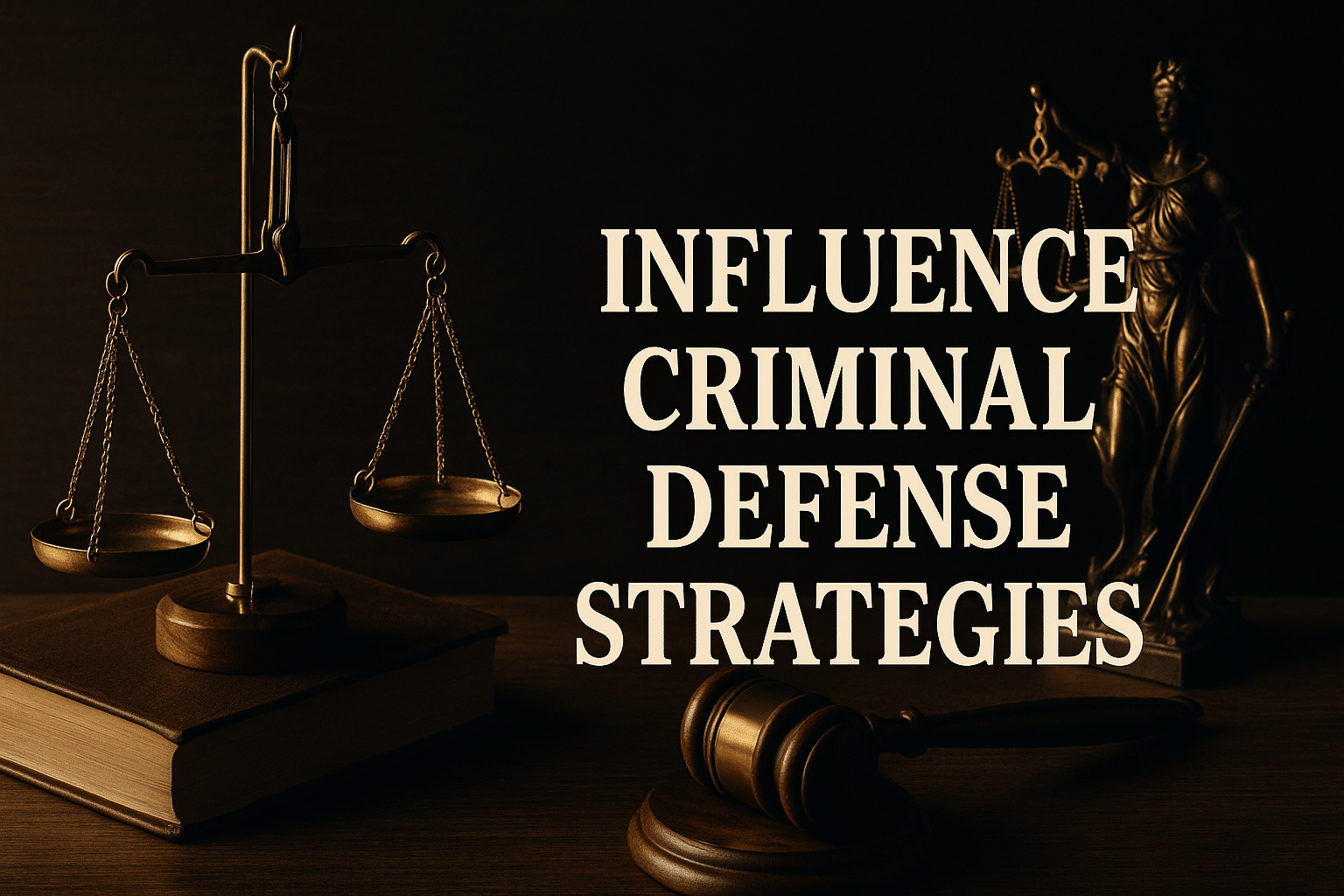When facing criminal charges, most people focus on the law itself—what they’re accused of and what the penalties could be. But one of the most overlooked factors in the outcome of a criminal case is who is involved, specifically, the local judges and prosecutors.
Criminal defense isn’t just about applying statutes and case law. It’s also about navigating personalities, preferences, and unwritten courtroom norms. That’s why experienced criminal defense attorneys don’t just build a legal argument—they tailor their strategy based on the unique dynamics of the local court system.
Here’s how judges and prosecutors can shape the path of your case—and why it’s critical to have a defense lawyer who knows the local players.
The Role of Judges: More Than Just a Neutral Party
Judges are expected to interpret and apply the law impartially, but in practice, every judge has their own courtroom style and expectations. This can influence your case in several ways:
- Rulings on pretrial motions: Some judges are more willing to suppress evidence or dismiss charges on technicalities, while others rarely grant such motions.
- Sentencing tendencies: One judge may favor probation for a first-time offender, while another might impose jail time for the same charge.
- Trial management: Judges differ in how they manage the flow of a trial, how much leeway they give attorneys, and how they handle jury selection.
A seasoned local attorney will know, for instance, that Judge X is strict on deadlines and won’t tolerate continuance requests, while Judge Y is open to alternatives like diversion programs. These insights can help shape both the tone and timing of the defense.
The Influence of Prosecutors: Gatekeepers of Plea Deals
Prosecutors have enormous discretion in the criminal justice system. They decide:
- What charges to file
- Whether to offer a plea deal, and what that offer looks like
- How aggressively to pursue a conviction
Some prosecutors are collaborative and open to negotiation. Others may take a more hardline, “tough on crime” approach. Knowing which kind you’re dealing with can drastically impact your defense.
For example, a defense attorney familiar with a particular prosecutor may know that they’re open to reduced charges for clients who complete rehab or counseling, or that they always push for mandatory jail time in domestic violence cases. Understanding these patterns helps defense lawyers make strategic decisions early on.
Why Local Knowledge Matters
A lawyer who regularly appears in a specific courthouse knows the nuances that can’t be found in law books:
- Which judges value thorough written motions vs quick oral arguments
- Whether a certain prosecutor is more likely to agree to diversion for younger defendants
- How to time plea negotiations to avoid overly aggressive pretrial stances
- What kinds of evidence or expert testimony tend to resonate with a local jury pool
This kind of insider knowledge allows attorneys to anticipate challenges, tailor arguments, and ultimately guide clients toward the best possible outcome given the real-world variables at play.
How This Plays Out in Real Cases
Let’s say a client is facing a DUI charge. In one county, the judge may routinely offer first-time offenders the chance to avoid a conviction through a court-ordered treatment program. In another county, the judge might impose jail time and license suspension—even on a first offense.
A defense lawyer unfamiliar with the local system may advise a plea deal or risk going to trial based on general knowledge. But a local criminal defense attorney like Kevin Heaney Law will build a plan based on actual courtroom behavior and historical outcomes, not just hypotheticals.
Conclusion
The courtroom isn’t a vacuum. Every case plays out in a context shaped by human decision-makers—judges and prosecutors who bring their own experience, beliefs, and patterns to the process. A strong legal defense depends not just on knowing the law, but on knowing the local landscape.
If you’re facing charges, working with an attorney who has deep local experience gives you an edge. They don’t just know how to fight for you—they know who they’re up against, and how to navigate that dynamic from day one.

